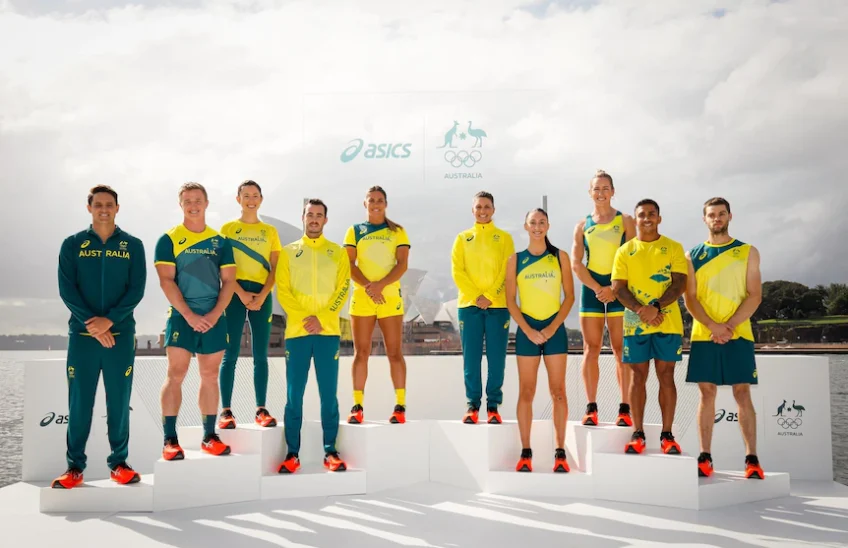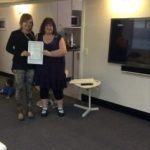How to incorporate the Olympic Games into fun ESL Classroom Activities
The Olympics, with its rich history and global appeal, offers a unique opportunity to bring excitement and engagement into the English as a Second Language (ESL) classroom. By incorporating Olympic-themed activities, ESL teachers can create a dynamic learning environment that not only enhances language skills but also fosters a sense of international camaraderie and sportsmanship. Here are several innovative ways to integrate the Olympics into ESL classroom activities.
1. Olympic Vocabulary and Language Games
Introducing Olympic-themed vocabulary is a great way to expand students’ lexicons. Create flashcards with terms related to various sports, athletes, and countries. Use these in interactive games like charades, Pictionary, or vocabulary bingo. For instance, students can act out or draw words like “gymnastics,” “medal,” or “marathon,” enhancing their understanding and retention.
Activity Example:
- Olympic Word Relay: Divide students into teams and have them race to the board to write down words related to a given Olympic sport. This encourages quick thinking and reinforces vocabulary in a fun, competitive manner.
2. Country Research Projects
Assign students different countries participating in the Olympics and have them research these nations. They can present their findings in English, focusing on aspects like the country’s history in the Olympics, famous athletes, popular sports, and cultural traditions. This activity not only improves research and presentation skills but also broadens students’ global awareness.
Activity Example:
- Cultural Presentation Day: Each student or group presents their chosen country, incorporating visual aids, traditional music, or even samples of typical foods. This promotes speaking skills and cultural exchange.
3. Role-Playing and Simulated Interviews
Role-playing is a powerful tool in language learning. Students can take on roles such as athletes, coaches, or journalists and simulate interviews or press conferences. This helps practice question and answer formats, formal speech, and spontaneous dialogue.
Activity Example:
- Press Conference Simulation: Students prepare and ask questions to a peer role-playing as an Olympic athlete. This encourages active listening and impromptu speaking.
4. Writing Assignments and Journals
Use the Olympics as a prompt for various writing activities. Students can write journal entries from the perspective of an athlete, compose news articles about Olympic events, or create persuasive essays on topics like the importance of sportsmanship or the impact of the Olympics on global unity.
Activity Example:
- Daily Olympic Journal: During the Olympics, students write daily entries summarizing events, their thoughts on the competitions, and reflections on sportsmanship. This continuous practice enhances writing fluency and personal expression.
5. Olympic-Themed Reading Comprehension
Provide reading materials such as news articles, athlete biographies, or historical accounts of past Olympics. Follow up with comprehension questions to check understanding and discuss the content in class. This aids in developing reading skills and critical thinking.
Activity Example:
- Article Analysis: Select an article about a recent Olympic event. Students read and then discuss key points, new vocabulary, and their opinions on the event.
6. Interactive Multimedia Projects
Encourage students to create multimedia presentations or videos about Olympic topics. They can use software to compile slideshows, record podcasts, or produce short documentary-style videos. This fosters technological literacy alongside language skills.
Activity Example:
- Olympic Documentary Project: Students create a short documentary about a particular Olympic sport or athlete, including interviews, narration, and visuals. This integrates research, writing, speaking, and technical skills.
7. Physical Activities and Games
Incorporate physical activities that mirror Olympic events, adapted for the classroom or schoolyard. Organize mini-Olympic games where students compete in events like relay races or long jumps, narrating their actions in English.
Activity Example:
- Classroom Olympics: Set up stations with different activities (e.g., spelling bee, trivia quiz, mini sports) and have students rotate through them, earning points for their teams. This builds teamwork and keeps students physically and mentally engaged.
Have Fun!
Incorporating the Olympics into ESL classroom activities is a fun approach that enhances language learning while promoting global awareness and physical fitness. By leveraging the universal appeal of the Olympics, ESL teachers can create a vibrant and inclusive learning environment that inspires students to excel both linguistically and culturally. Whether through vocabulary games, research projects, or interactive simulations, the Olympic theme offers endless possibilities to enrich the ESL classroom.



























